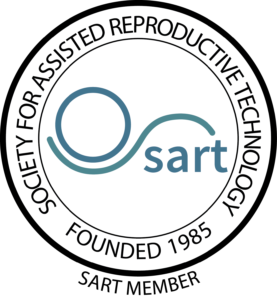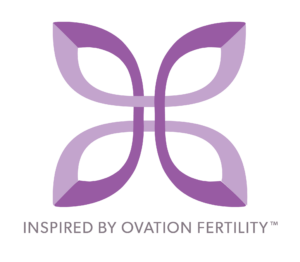A diminished ovarian reserve can affect a woman’s ability to become pregnant
The doctors at our Tennessee fertility center help many women with a diminished ovarian reserve go on to have a healthy baby. A low ovarian reserve means that a woman does not have a large number of eggs. This fertility challenge can make it more difficult for the woman to conceive.
A woman might have a diminished ovarian reserve if she is under 35 years of age and has been trying to conceive for at least a year, or over 35 and has been trying to conceive for six months or more. Patients who have undergone chemotherapy or had radiation in the pelvic region might also have a low number of eggs.
How we determine whether a woman has a diminished ovarian reserve
There are two primary ways we can assess a woman’s ovarian reserve. The team at our Tennessee fertility center recommends these evaluations for most new patients. This is because these tests provide valuable information about which treatments might work best.
Transvaginal ultrasound. An ultrasound in the early part of a woman’s menstrual cycle helps the doctor assess her antral follicle count. Antral follicles are small, egg-containing sacs. This count allows the doctor to estimate the number of eggs the woman still has in her ovaries. In general, when evaluating both ovaries, a count of 10 to 15 follicles is normal.
Blood test. Bloodwork is another important component of evaluating a woman’s egg supply. This testing provides information about a woman’s levels of important fertility hormones, such as anti-Mullerian hormone (AMH), follicle-stimulating hormone (FSH), estradiol, prolactin and thyroid-stimulating hormone (TSH).
A woman’s AMH level is especially important for assessing the quantity of eggs she has, as it’s a hormone that the ovarian follicles produce. A low AMH level indicates that the woman doesn’t have many ovarian follicles.
Following these evaluations, the woman’s fertility doctor discusses results and the next steps with her.
Treatments for women with a low ovarian reserve
After doctors at our Tennessee fertility center assess whether a woman has a diminished ovarian reserve, they might recommend additional testing. In other cases, they move forward with helping her create a treatment plan. Women with a low number of eggs can benefit from specific treatments.
Egg freezing. If a woman has a low ovarian reserve but is not yet ready to become pregnant, she should consider freezing her eggs. This option allows her to preserve the quality of the eggs she currently has and use them at a later time.
IVF with higher doses of ovarian stimulation medication. A woman with a low number of eggs who is undergoing IVF might benefit from a higher dose of ovarian stimulation medication. This medication protocol can increase the number of eggs she produces during the IVF cycle.
Donor eggs. Women with a very low ovarian reserve often have little chance of developing a healthy pregnancy with their own eggs. As a result, utilizing donor eggs can be an effective option in this situation.
With our high-quality support, many women with a low number of eggs go on to fulfill their dream of building a family. Contact us for more information about our fertility services.






